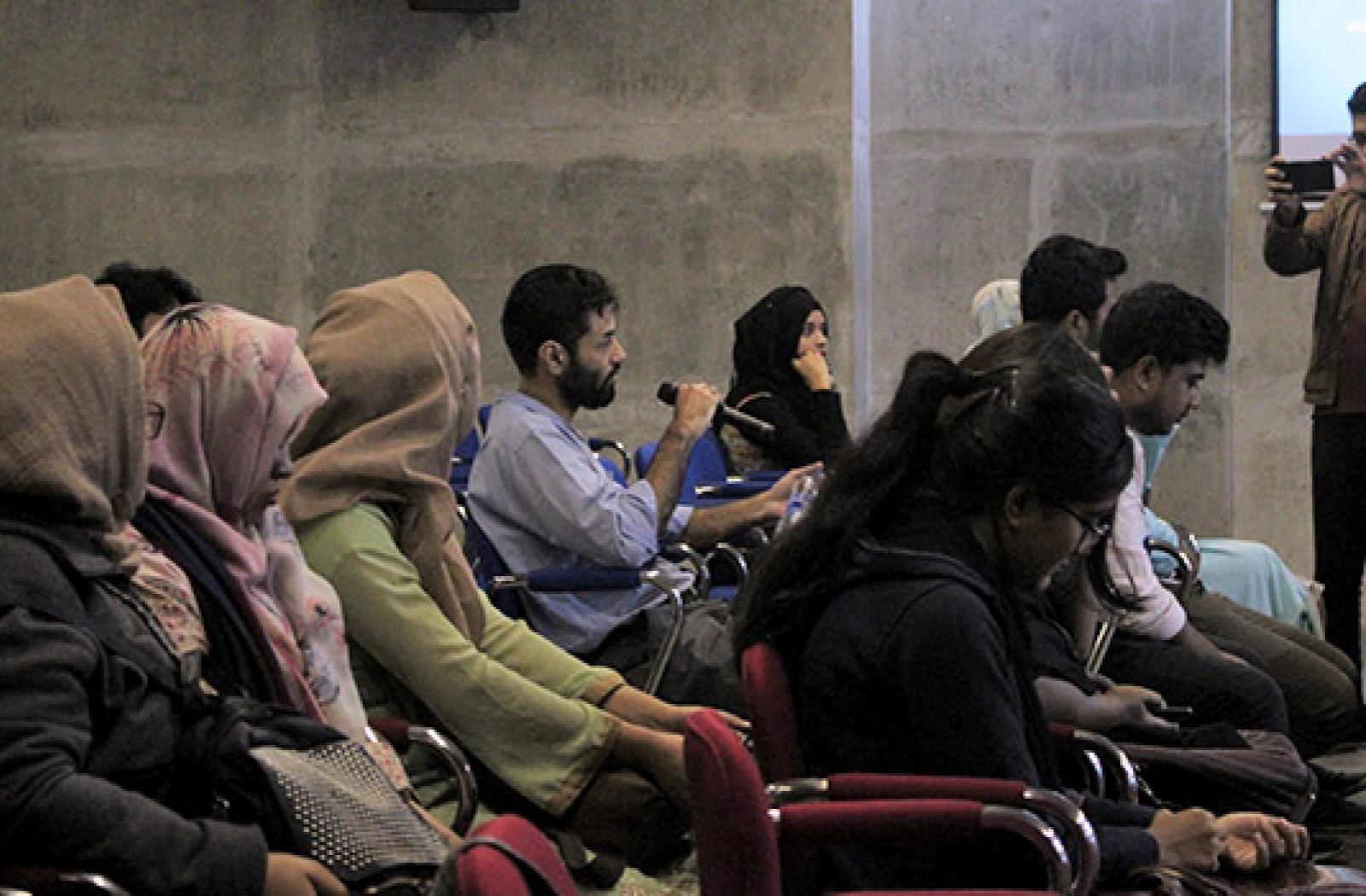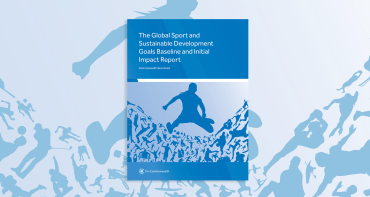The Commonwealth is participating in the second phase of a project to explore the meaning of identity for young Bangladeshis. The Amader Porichoy (Our Identity) project - a partnership with Moringa Entertainment Limited - was launched in 2019, with the screening of the film Shongram (Struggle) set during the liberation of Bangladesh in 1971.

The Commonwealth is participating in the second phase of a project to explore the meaning of identity for young Bangladeshis.
The Amader Porichoy (Our Identity) project - a partnership with Moringa Entertainment Limited - was launched in 2019, with the screening of the film Shongram (Struggle) set during the liberation of Bangladesh in 1971.
The film looks at the lives of two people from different backgrounds. It was shown in the capital Dhaka as the nation commemorated Victory Day on 16th December, ahead of a three-city ‘roadshow’ canvassing the views of university students, their families and friends.
The students came from both public and private institutions. They debated what it means to be Bengali and put questions to a panel made up of Shongram’s director and cast members.
One of the students in attendance said: “The discussion on culture has always been a tricky one since it's never just restricted to one particular form. It changes over time as it always has.
“Discussions such as these can have a positive effect on our minds by making us more adaptive to change and flexible in reconciling local norms with global traditions.”
The project delivered workshops at North South University, United International University, and the Bangladesh University of Textiles.
Dr Emdadul Haq, Professor of Political Science at North South University (NSU) said, “'It is always nice to have some guest speakers during the semester to speak on pertinent issues that are connected to the course contents. Students just loved it this time getting an opportunity to ventilate their minds and thoughts in front of the two speakers. I liked the smart answer by one of our students that 'he is Bangladeshi first' when being asked 'whether they are Bengali, Bangladeshi or Muslim ‘? I am sure, it was also a learning experience for the visiting team to see the quality of our students at NSU'. “
Assan Ali from the Commonwealth Secretariat’s CVE Unit said: “It was amazing to hear how eloquent young Bangladeshi’s are when it comes to expressing their views on what it means to be Bengali in Bangladesh. As a British Asian whose mother tongue is Bengali, I felt inspired that the young generation have such clarity on their identity given that we live in such a globalised world! I am looking forward to the next two phases in Sylhet and Chittagong.”


